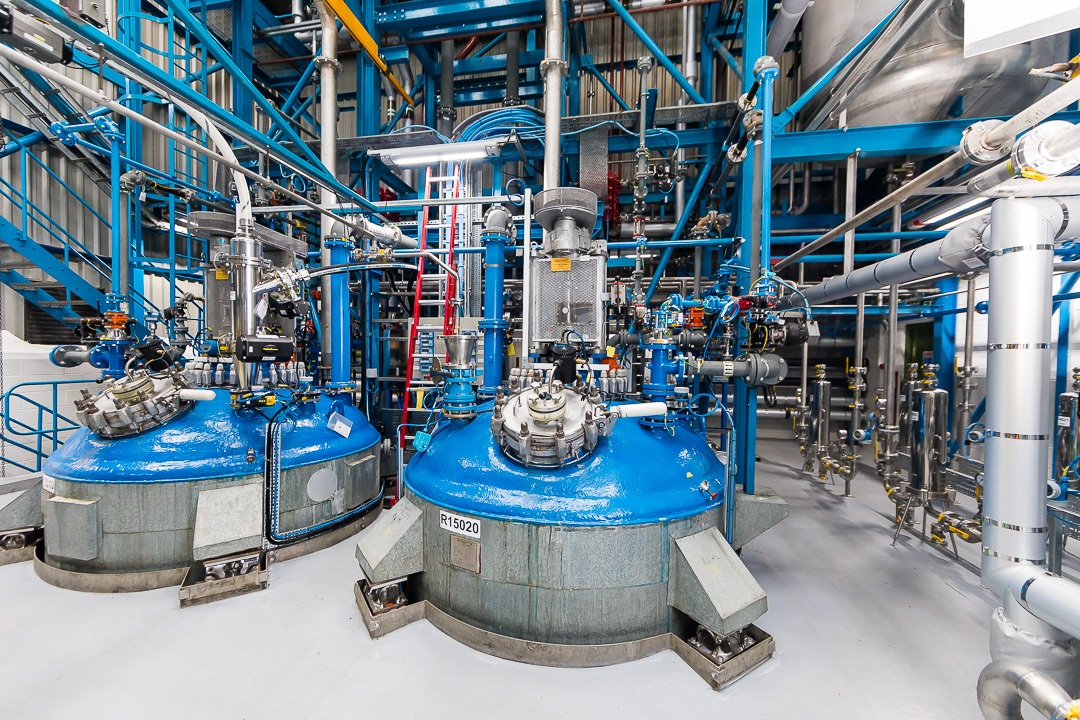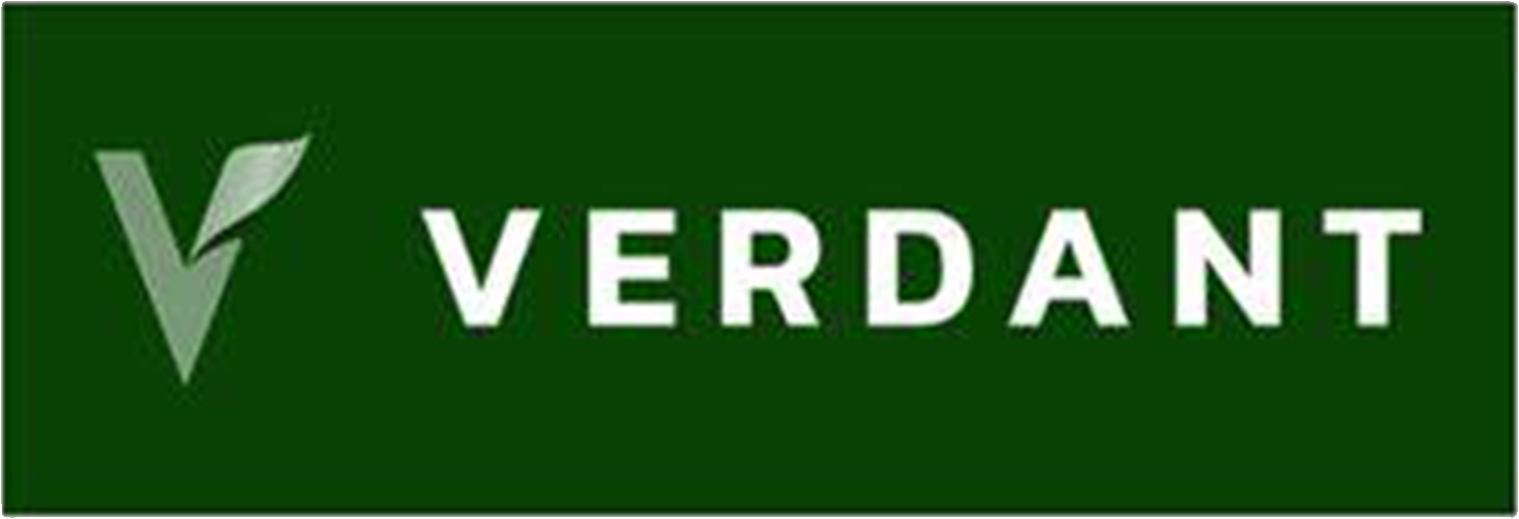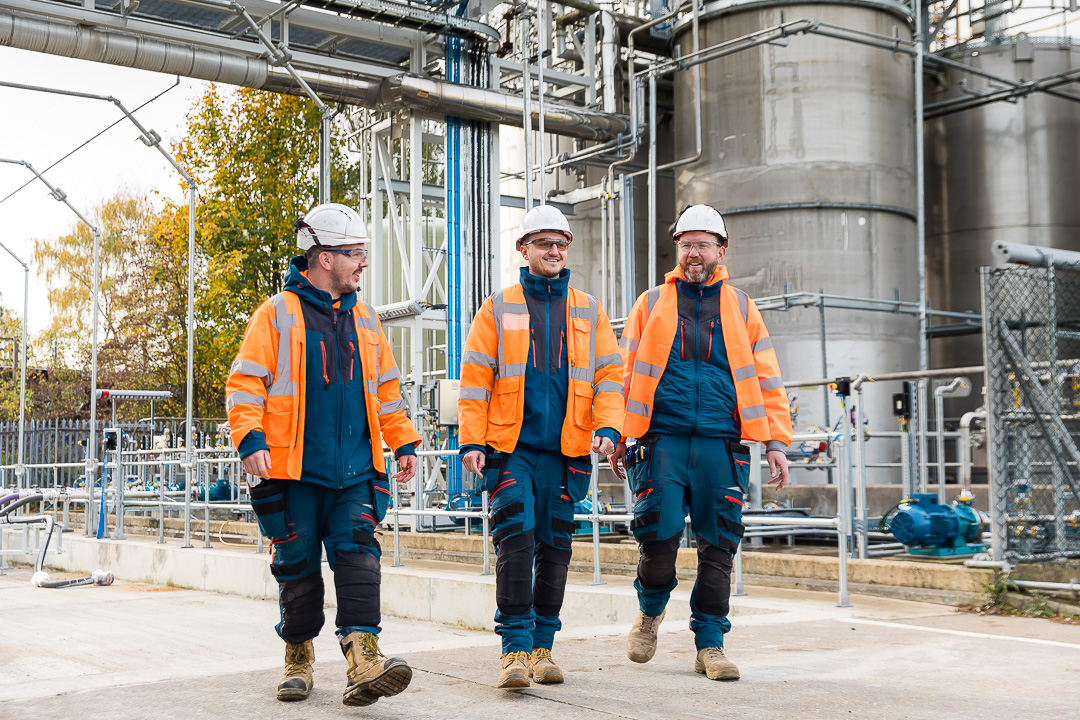
A DSEAR assessment involves identifying the risks that may be caused in the workplace by dangerous substances, potentially explosive atmospheres and substances that are corrosive to metals.
Carrying out DSEAR assessments can help business owners ensure a safe working environment for employees and protect the workplace from the risks of fire and explosion from hazardous substances.
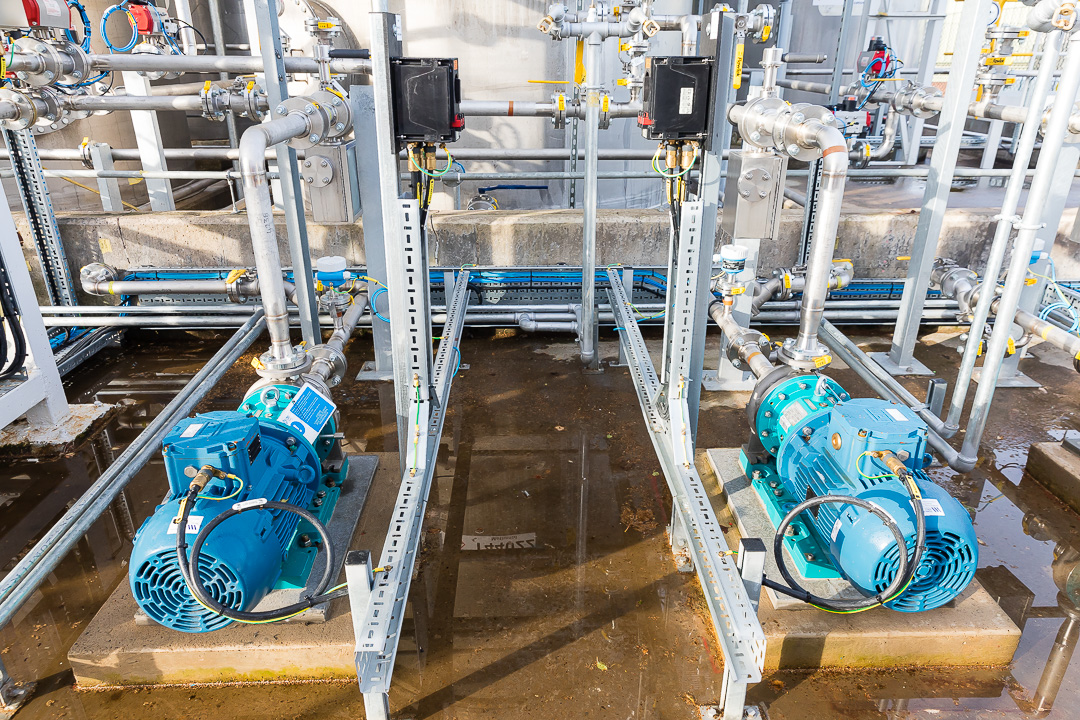
Regular assessments also demonstrate a commitment to continuous improvement in health and safety standards, fostering a culture of safety within the organisation. By proactively managing these risks, businesses can prevent accidents, reduce downtime, and maintain a productive and safe operational environment.
Moreover, DSEAR assessments are essential for building trust with employees, clients, and stakeholders. Demonstrating that your business takes the necessary steps to manage hazardous substances responsibly can enhance your company’s reputation and credibility.
Additionally, it can lead to improved employee morale and productivity, as workers feel more secure and valued in a safe workplace. Investing in DSEAR assessments is an investment in the future stability and success of your business.
DSEAR Regulations
Performing regular DSEAR assessments to determine the risks and implement proactive health and safety measures ensures compliance with the Dangerous Substances and Explosive Atmospheres Regulations 2002 and the European Union’s ATEX directive.
The Health and Safety Executive (HSE) stipulates that a DSEAR assessment should carefully identify and examine three critical elements. These are:
-
The hazardous substances in the workplace.
This includes identifying chemicals, gases, and other materials that could pose a risk of fire, explosion, or corrosion.
-
Any work activities involving hazardous substances.
This involves assessing all processes and tasks that include handling, storing, or using these substances to understand where risks may arise.
-
Associated risks to employees and the public.
This includes identifying chemicals, gases, and other materials that could pose a risk of fire, explosion, or corrosion.
At Citi Group, our experienced engineers based in West Yorkshire can help your business carry out the relevant DSEAR assessments with minimal disruption. Our team of qualified engineers utilise their vast experience to conduct the appropriate assessments to ensure regulatory compliance.
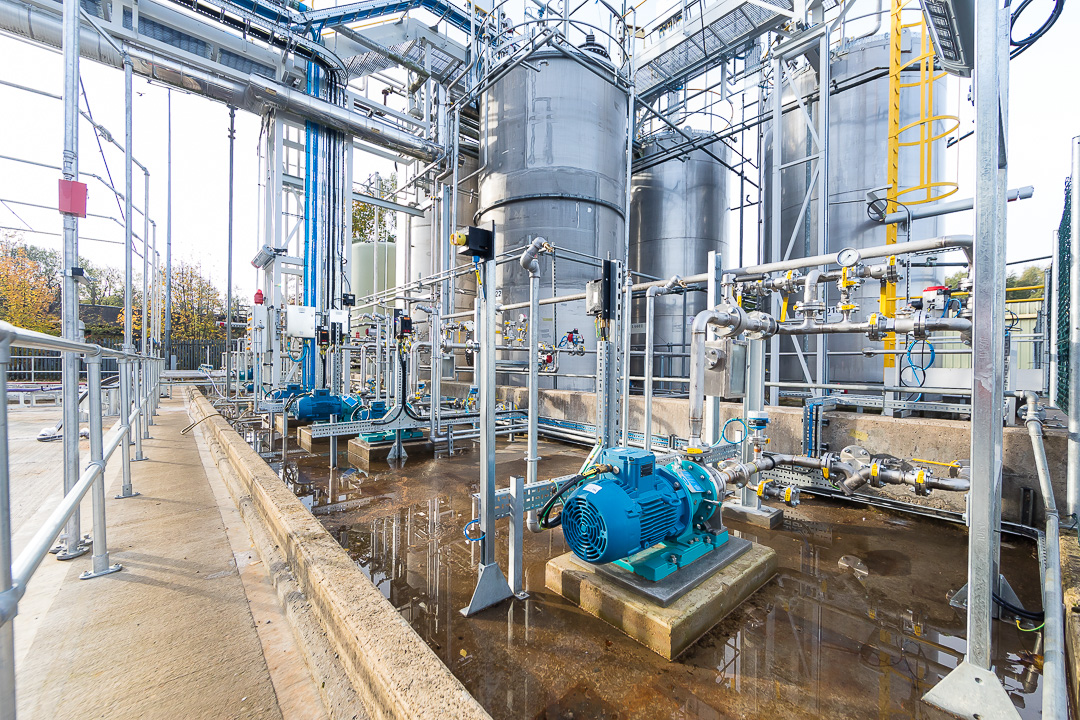
What does DSEAR stand for?
DSEAR stands for Dangerous Substances and Explosive Atmospheres Regulations Assessments.
They are also known as DSEAR Assessments. They help business owners classify substances as either hazardous or non-hazardous so they can implement the correct health and safety controls.
When is a DSEAR assessment required?
The requirement for DSEAR assessments largely depends on the nature of your business. If your business stores or uses hazardous substances in the workplace, you will need to carry out DSEAR assessments. The HSE advises that DSEAR applies in the following scenarios:
- Work is carried out by employed or self-employed persons
- A dangerous substance is present in the workplace or could be present
- The dangerous substance could pose a risk of fire, explosion or corrosion to metal.
It is essential that the assessments are carried out by a competent person or business to ensure the safety of people and property and compliance with regulations. Failure to do so could lead to a serious event that results in injury or loss of life and heavy penalties for non-compliance.
At Citi Group, we can help you take the hassle out of your DSEAR assessments to give you peace of mind that your business conforms to the highest levels of health and safety standards.
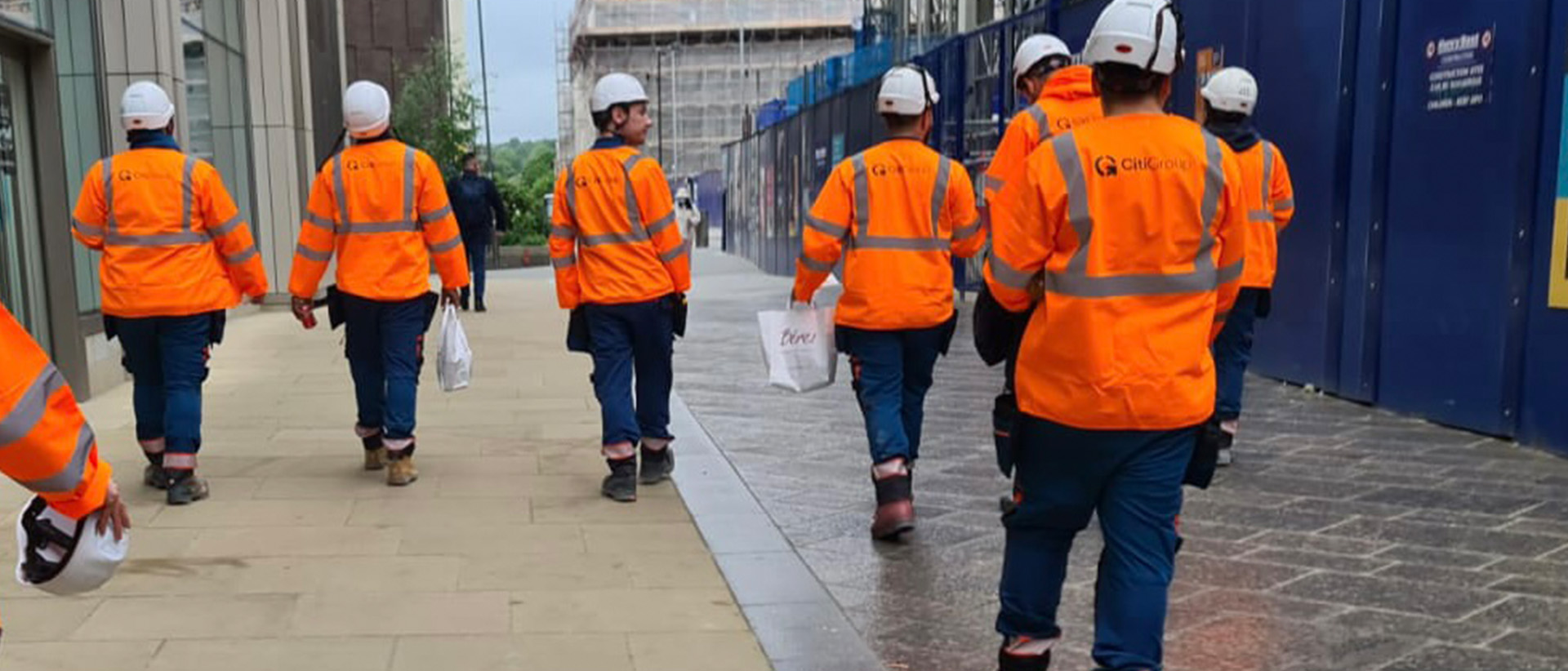
What is a hazardous substance?
A hazardous substance can be classified as a flammable gas, mist, vapour or combustible dust that could lead to a fire or explosion if not stored or used correctly.
Typical examples of hazardous substances that can be found in the workplace include:
- Solvents
- Paints and varnishes used in manufacturing or production processes
- Flammable gases such as acetylene for welding
- Petrol or diesel for vehicles or machinery
- Liquid petroleum gas (LPG)
- Dusts from machining and sanding operations
- Dust from foods such as flour or sugar
- Pressurised gases
- Substances corrosive to metal
Our team of qualified engineers can help you determine the hazardous substances in your business and provide guidance on the best practices for storing and using these substances to prevent a serious event from occurring.
How often should a DSEAR assessment be carried out?
While there are no set guidelines from the HSE or any other governing body for how often DSEAR assessments should be performed, it is advised that they be regularly reviewed at intervals not exceeding three years.
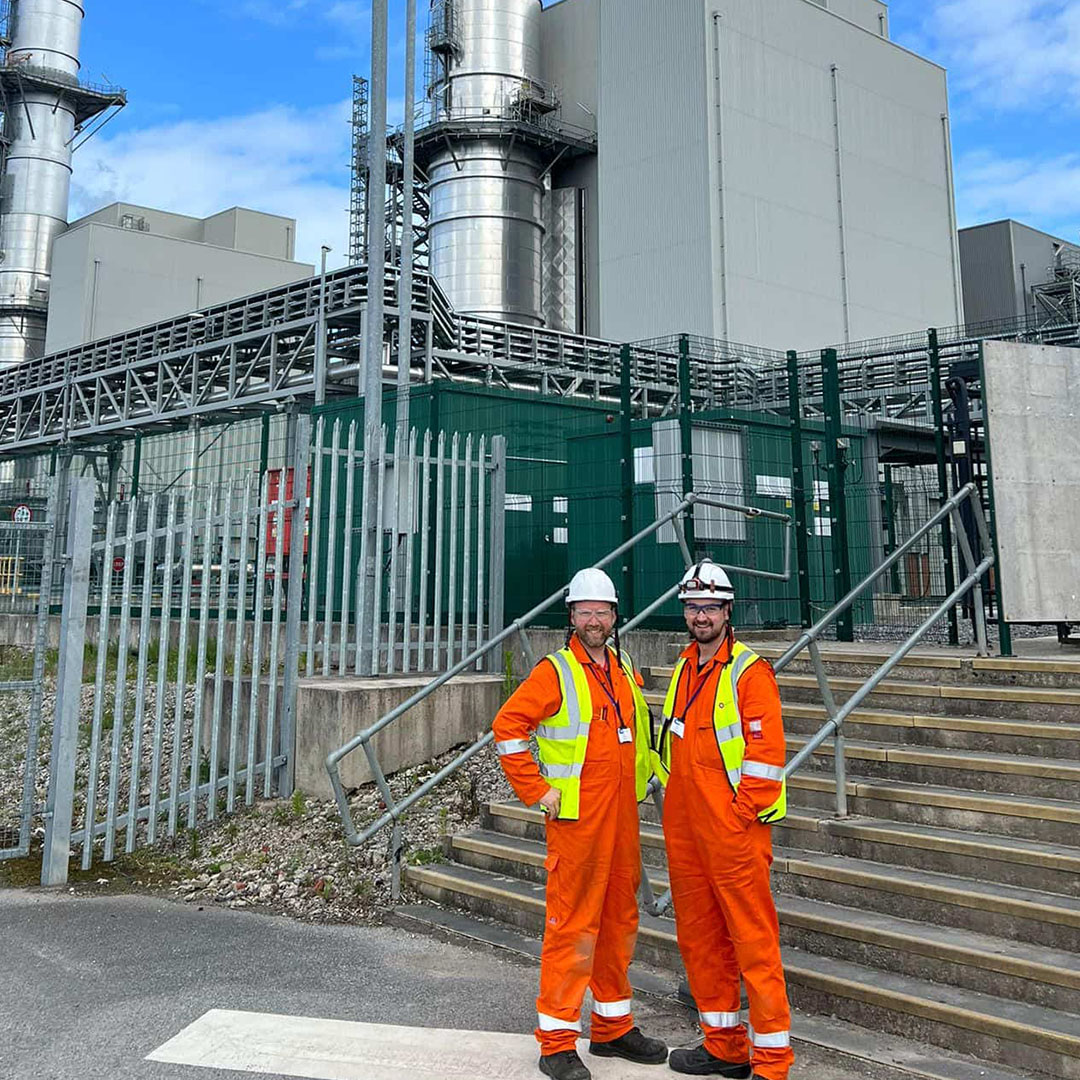
At Citi Group, we recommended that new DSEAR assessments be performed if working practices change or new hazardous substances are introduced into the workplace. For example, you buy more diesel-powered machinery or change your manufacturing processes.
We also advise that it is best practice to review your DSEAR assessments annually to detect any changes and ensure your employees follow the correct health and safety controls. Doing so can help ensure the safety of your people, the public and your property.
Get startedDSEAR report and consultation
At Citi Group, we go above and beyond to provide the best customer service. Upon delivering your DSEAR Report, we also offer a face-to-face consultation to explain the report’s findings and discuss your next steps.
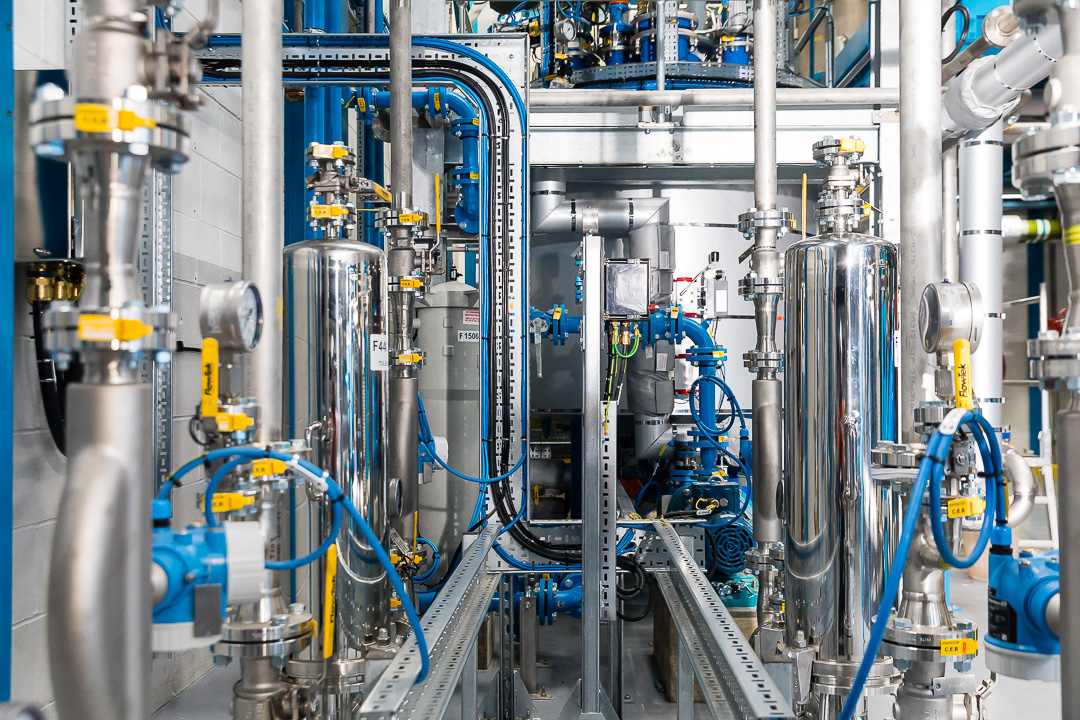
We understand that these reports can be complex, and many people find them difficult to interpret. Our consultation service ensures that you are aware of any immediate actions required and how to move forward to comply with safety regulations.
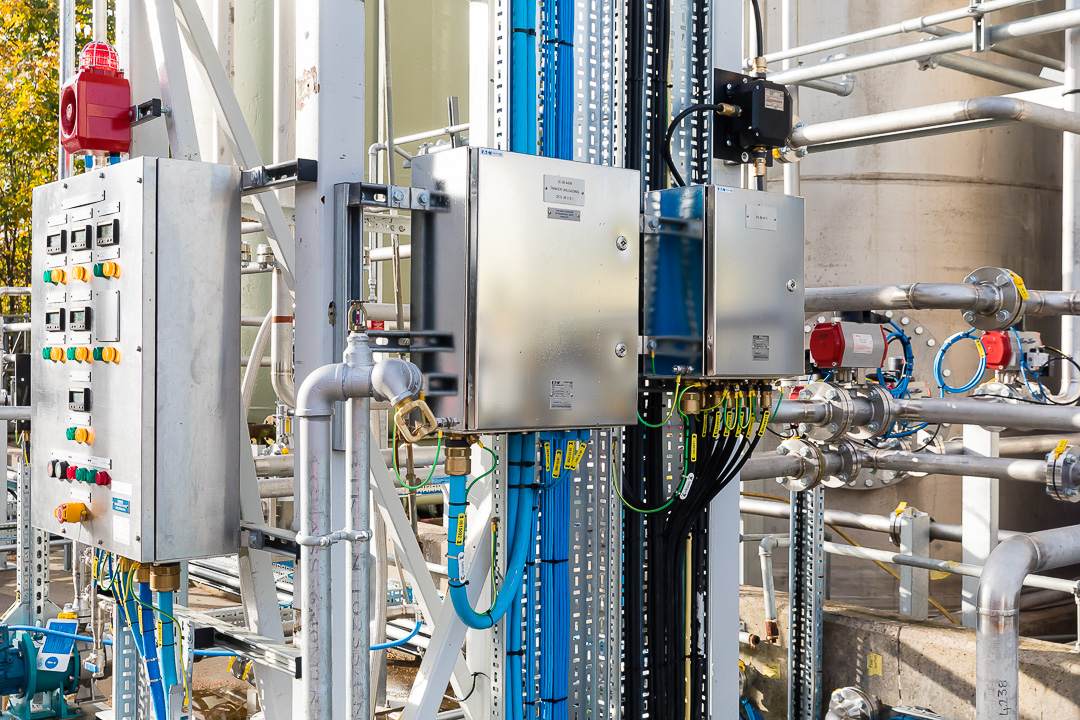
Why choose Citi Group?
Our clients throughout West Yorkshire and across the UK trust us to deliver efficient and cost-effective DSEAR assessments. We are on hand to assist with all aspects of compliance for your electrical equipment and machinery.
With more than 26 years of experience, our teams have extensive capabilities in delivering specialist services for clients operating in all industries and settings. These include chemical, pharmaceutical, gas, oil, food and drink, munitions and storage.
Tell us about your project
